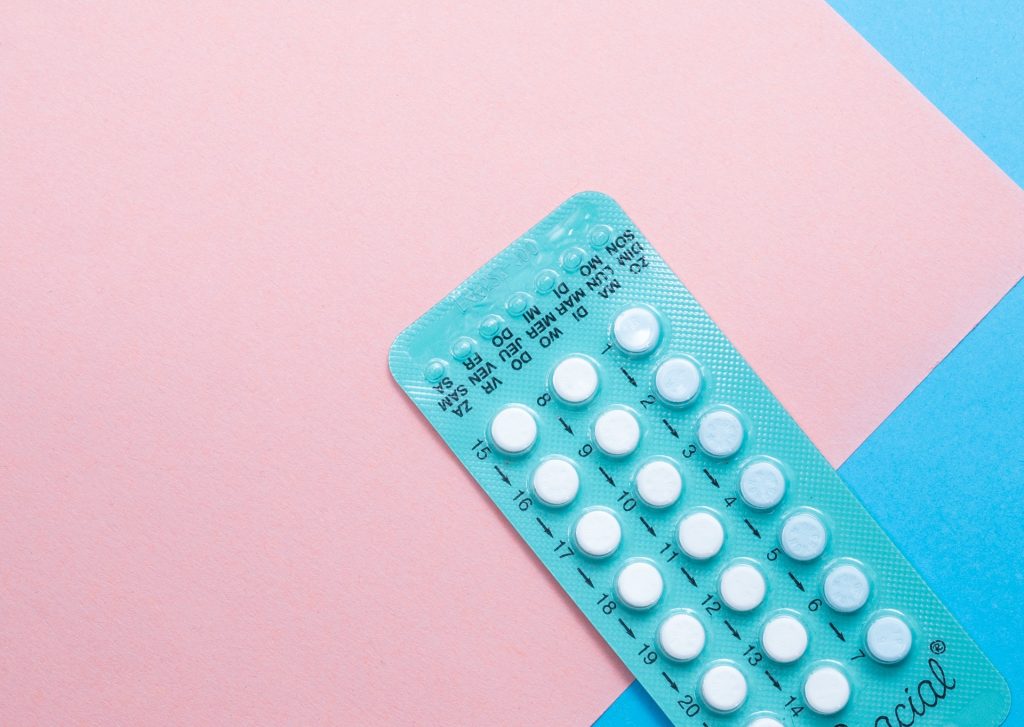Could the Contraceptive Pill Reduce the Risk of Ovarian Cancer?

It’s a little pill with big responsibilities. But despite its primary role to prevent pregnancy, the contraceptive pill (or ‘the Pill’) could also help reduce the risk of ovarian cancer, according to new research from the University of South Australia.
Screening for risk factors of ovarian cancer using artificial intelligence, UniSA researchers found that the oral contraceptive pill reduced the risk of ovarian cancer by 26% among women who had ever used the Pill, and by 43% for women who had used the Pill after the age of 45.
The study, published in the International Journal of Gynecologic Cancer, also identified some biomarkers associated with ovarian cancer risk, including several characteristics of red blood cells and certain liver enzymes in the blood, with lower body weight and shorter stature associating with a lower risk of ovarian cancer.
Researchers also found that women who had given birth to two or more children had a 39% reduced risk of developing ovarian cancer compared to those who had not had children.
UniSA researcher Dr Amanda Lumsden says understanding risks and preventative factors for ovarian cancer is key for improved treatment and outcomes.
“Ovarian cancer is notoriously diagnosed at a late stage, with about 70% of cases only identified when they are significantly advanced,” Dr Lumsden says.
“Late detection contributes to a survival rate of less than 30% over five years, in comparison to more than 90% for ovarian cancers that are caught early. That’s why it’s so important to identify risk factors.
“In this research, we found that women who had used the oral contraceptive pill had a lower risk of ovarian cancer. And those who had last used the Pill in their mid-40s, had an even lower level of risk.
“This poses the question as to whether interventions that reduce the number of ovulations could be used as a potential target for prevention strategies for ovarian cancer.”
Supported by the MRFF, the study used artificial intelligence to assess the data of 221 732 females (aged 37-73 at baseline) in the UK Biobank.
Machine learning specialist, UniSA’s Dr Iqbal Madakkatel, says the study shows how AI can help to identify risk factors that may otherwise have gone undetected.
“We included information from almost 3000 diverse characteristics related to health, medication use, diet and lifestyle, physical measures, metabolic, and hormonal factors, each measured at the start of the study,” Dr Madakkatel says.
Source: University of South Australia


